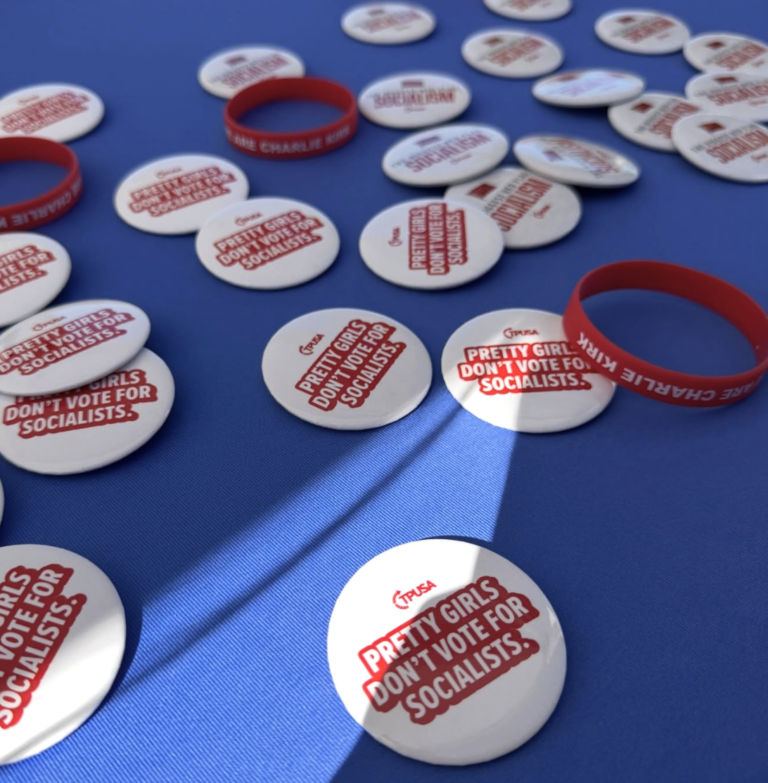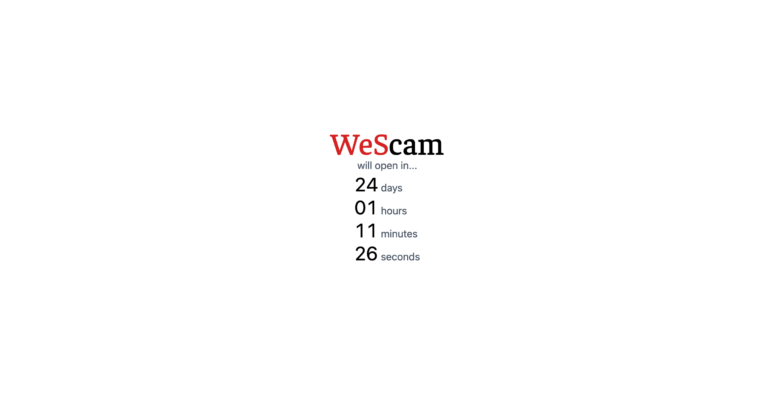A new perspective for Spahn
Bradley Spahn,
I appreciate your taking the time to examine the issue of divestment and express your point of view (“Liberal critique of divestment,” April 4, 2008, Volume CXLIII, Number 37). However, I believe that it is not only appropriate but also imperative for Wesleyan to divest from weapons contractors General Dynamics and Raytheon, corporations whose strength depends upon and promotes war as a solution to international conflict. I’d like to offer a different perspective on some of the important issues you raised.
You argue that we shouldn’t divest because it encourages private corporations to make their own decisions about what is right or wrong, for fear that they might decide not to support peacekeeping missions or other social goods. You are concerned that this will cause “private corporations that represent their own interests to impose their will on democratic institutions.” The reality is that this is already happening. These corporations exert a huge amount of political influence, through spending millions of dollars in lobbying and campaign contributions. A relatively high number of executives, board members or lobbyists from Raytheon and General Dynamics were former senior government officials, and others have since held positions in the State Department and the Department of Defense. These corporations clearly have strong connections to the U.S. government, outside of the democratic process (For further information, see SEWI’s divestment proposal, link below).
And these corporations have a clearly identified interest—to maximize their profits. The Iraq War (and war in general) is hugely profitable for them, thus it is in their best interest to use their connections to promote continued warfare, regardless of democratic process. The way to give power to individuals rather than corporate interests is to divest from companies whose fundamental practices we don’t support. I agree with you that it is important for individuals to express their opinions through voting. But this is not sufficient for democracy, as the Bush administration has so frighteningly demonstrated through its blatant rejection of majority opinion. We need to find more ways to make our voices heard, and one way is not letting our money support systems we find morally reprehensible.
Secondly, I agree with you about the importance for universities to be a haven of free speech and academic freedom. But this does not mean that universities cannot take stands on important moral issues. Institutions, educational institutions included, take moral positions on behalf of its members all the time, and Wesleyan is no different. Most Wesleyan students would agree that Wesleyan should be concerned with its carbon emissions, even though there are some students here who do not accept the evidence supporting our role in climate change. Wesleyan must be concerned with the impact it has in the world and not be paralyzed by a need for absolute consensus. Divestment from companies involved with Apartheid South Africa was controversial at its time, but Wesleyan still divested, because we as an institution must accept moral accountability for what our money supports. Divestment from weapons contractors will not prevent the existence groups who disagree, and it will not prevent people from expressing opposing viewpoints, just as Wesleyan’s environmental actions haven’t.
By accepting the fact that our money is going to weapons contractors, we are complicit in the system that allows corporations that profit from warfare to have substantial influence on our political system. We must not think that by choosing to ignore where our money is going, we are somehow free from all responsibility. Inaction is action for the status quo. This is why we must support divestment from weapons contractors.
For more information on Wesleyan’s campaign to divest from weapons contractors or to sign the petition, please visit www.wesleyan.edu/wsa/sewi.






Leave a Reply